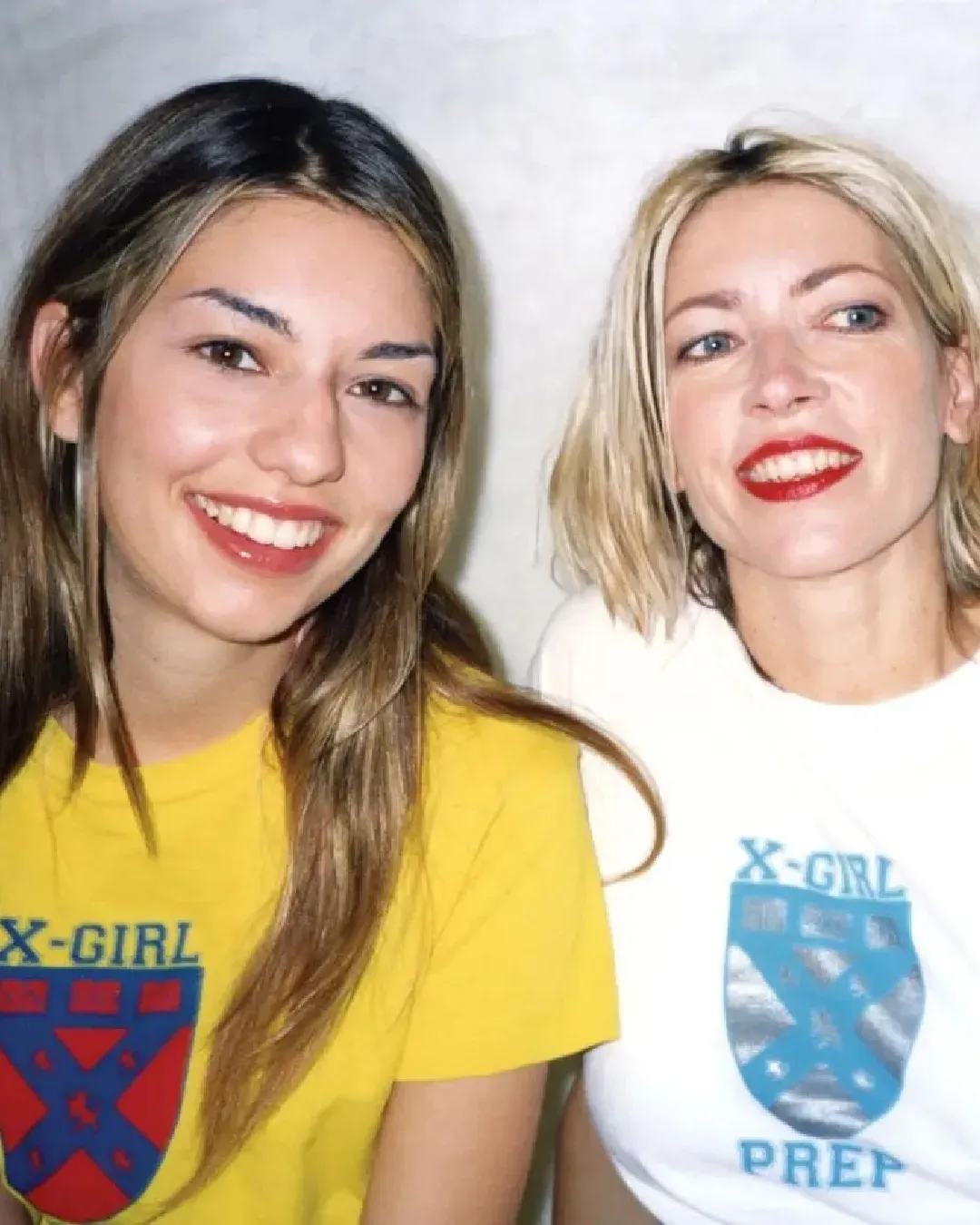
Why are all the support messages from fashion brands identical to each other? In these days of protests fashion has expressed its solidarity with the cause – and in the most generic and lazy way possible
For the past week, the most polarizing event in the cultural debate has been the murder of George Floyd in Minneapolis at the hands of a white police officer, a serious case of police brutality that, after going around the world via a viral video, has triggered a very strong anti-racist protest movement in the United States. The movement has gained support from all over the world, especially through social media and Instagram – support shown by fashion brands large and small through a series of anti-racist messages that have curiously adhered to the same template established by Nike with its message For once, don't do it, which consists of a white inscription on a black background or vice-versa. Within forty-eight hours, a repetition, imitation or simple remix of that template appeared everywhere, with the effect of creating a sequence of completely identical messages, often branded, and essentially indistinguishable from each other.
Given that the core concept of all these messages is absolutely right and endorsement-worthy, to strike is the deep creative poverty that characterizes them – a creative poverty that, coupled with their uncritical repetitiveness, makes them seem more standard corporate messages rather than heard ideological posters. Beyond any political or moral understatement (the old playbook prescribed that fashion should ignore social issues, but now brands must reflect the values of their target audience), this complete aesthetic omologation closely resembles the phenomenon of "blanding": that moment in 2018 when numerous luxury brands changed logos adopting an anonymous sans-serif font that seemed identical to everyone. Here's how The Fashion Law recounted the phenomenon at the time:
«The uniformity in design is part of the larger approach to modern fashion, which is becoming more formulaic, corporate, and spread sheet-driven. Because a sizable number of fashion brands are owned by publicly-listed parent companies […] much of what they produce – from garments to branding – is the product of trend forecasting and careful metrics».
The need to adapt to corporate image policies, mixed with the general conformity dictated by obedience to Instagram's algorithms has produced this result: dozens of posters that seem to be automatically generated by a computer, pronounced to strike the iron social outrage while the iron is still hot by a myriad of different brands, among other things with a limited and conventional lexicon as well as flaunting a generic solidarity that does not find an authentic response in the actions of the brands themselves or in general fashion and, in the best case, it results in a highly publicized money donation. Even Bottega Veneta posted in its Instagram Stories a general statement from Kering that spoke on behalf of all its brands – something even more impersonal than an imitation: a copy-and-paste.
Ultimately, it's content that's aimed at getting a consumer response through the solemnity of the statement rather than with a shoe or the face of a celebrity. After all, one could say it's not the job of a company that makes luxury civil rights clothes – especially since activism isn't a hashtag, you can't doit while sitting in your living room or reduce it to a black photo on your Instagram feed. This avalanche of inspirational anti-racism messages all identical to each other is proof of how fashionable likes to assert itself as the voice of progressive culture even if its nature as an industry with strictly commercial logic remains essentially unchanged. University lecturer and former Gucci inclusive consultant Kim Jenkins recently explained to Vogue:
«A post acknowledging what is happening and making a thoughtful statement speaks volumes. It connects with existing customers. […] What is your promise and your commitment as a leader to support the community? What also are you promising us in terms of how you're going to make a radical change within your organisation? That’s what people are going to look for, and they don’t want to see shallow words».







































































